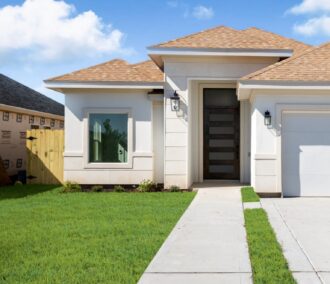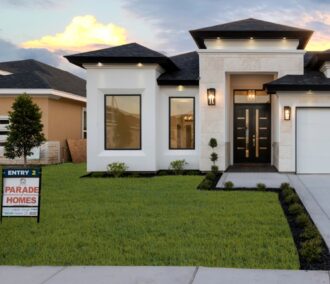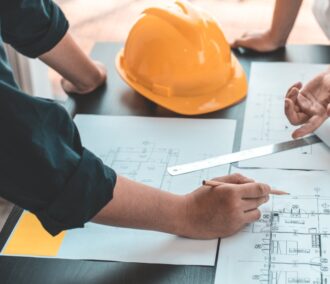How to Make Your Home More Energy Efficient: Tips & Tricks
Energy consumption can sometimes constitute a large part of your bills, and not knowing how to consume energy efficiently can be detrimental to your wallet in the long run.
By ensuring that you are making use of energy wisely and by preventing overuse and unnecessary usage of energy, you can significantly improve your expenses without cutting down on your quality of life. Here are some smart and efficient tips and tricks to help you boost energy efficiency in your home:
1. Consider Air Sealing Your Home if You Use Heat Regulation Devices
One great way to boost energy efficiency is by sealing up any air leaks in your home. This is especially crucial if you rely on devices like thermostats or air conditioners to control the temperature. When you seal up these leaks, you help reduce the workload on these devices in both summer and winter.
For example, in summer, an air-sealed room needs much less energy from the AC to stay cool compared to a room with drafts letting warm air in. The same goes for a thermostat in winter.

2. Use Your Microwave Oven When Cooking
Using a microwave oven is much more energy-efficient than using a traditional oven. Microwaves work by exciting the atoms in the food, which cooks it quickly and efficiently. On the other hand, traditional ovens heat the air inside the oven and then transfer that heat to the food.
In comparison, a microwave is much more efficient in cooking food with minimal energy expenditure. This can be especially beneficial in the winter when it takes longer for a traditional oven to cook food. So, consider using a microwave oven to save energy and cook your food faster.
3. Make Use of Natural Light When Available
Using natural light during the daytime can significantly reduce your energy consumption, both in terms of architecture and habits. When designing your home, prioritize natural light in areas like hallways, living rooms, and kitchens to minimize the need for artificial lighting during the day.
Additionally, develop a habit of relying on natural light whenever possible. This means using artificial lighting only when natural light is insufficient. By maximizing the use of natural light, you can save on energy costs and reduce your environmental impact.
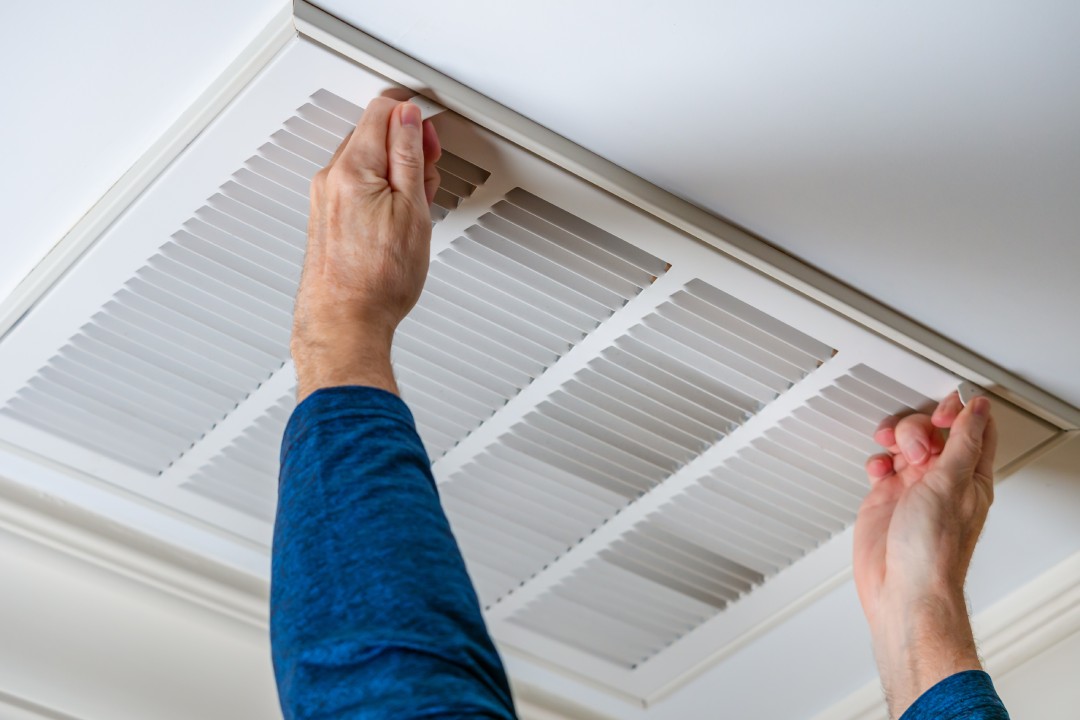
4. Regularly Replace and Clean Your Filters
Regularly cleaning and replacing your filters can boost energy efficiency in the long run. Filters, whether for water or air, use energy to clean your supplies. By keeping these filters clean, you reduce the risk of overworking your appliances.
Many filters work most efficiently when they are new, and most have a recommended lifespan. Replacing them after this period not only helps maintain your appliances but also adds to their overall lifespan. Hitachi recommends cleaning your air conditioner’s filters every 15 days. If that’s too much, clean it at least once a month during the peak months.
5. Use Ceiling Fans
Ceiling fans can be a great way to stay cool in the summer, especially when using the AC isn’t an affordable option. In a well-sealed home, you can use the AC for a short period to cool the room and then switch to ceiling fans to maintain a comfortable temperature.
Ceiling fans are more energy-efficient than air conditioners because they run on simple motors. With the right approach, you can almost entirely replace the need for an AC by using ceiling fans strategically. Consider using this method to stay comfortable while saving on energy costs.
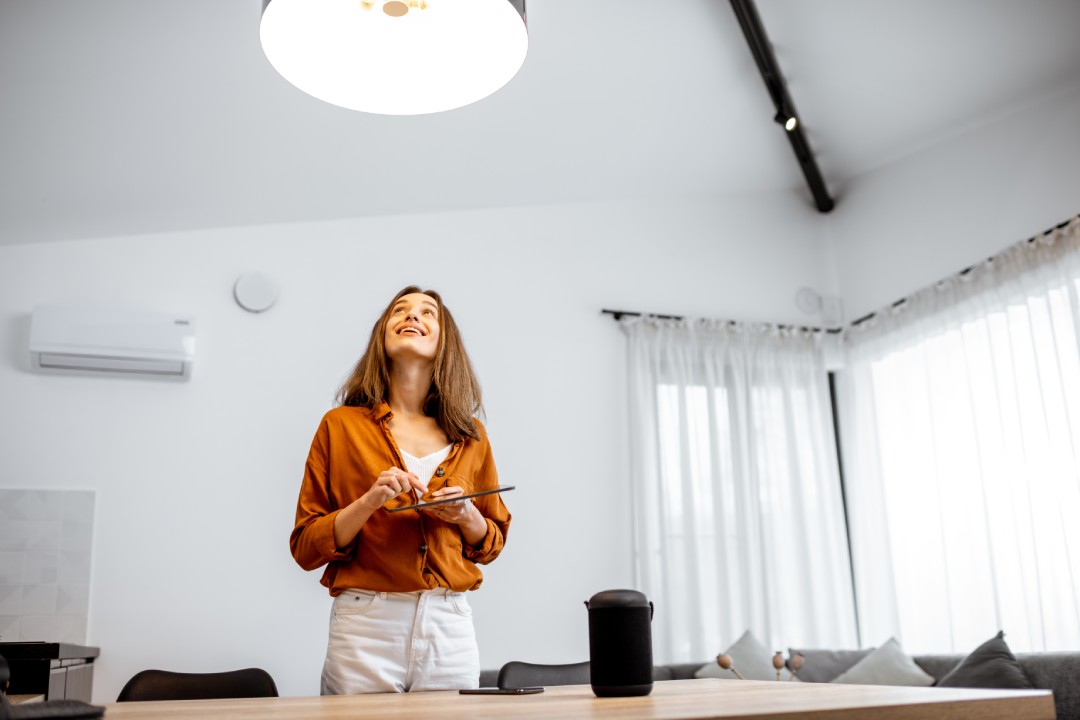
6. Use Smart Devices
Smart devices, which are automated to meet our needs using modern technology, can help save a lot of energy. They work together to prevent unnecessary energy expenditure and even using a single smart device can make a difference in your energy bills.
For example, smart thermostats and smart bulbs can significantly reduce daily energy consumption. A smart thermostat learns your usage habits and adjusts settings automatically, saving energy even when you forget to make changes.
Smart LED bulbs, on the other hand, can adjust brightness as needed and can be turned off remotely and automatically when not in use, further saving energy. These devices can make a noticeable impact on your energy usage and bills.
7. Invest in an Energy Audit
It’s a great idea to conduct an energy audit when convenient to understand your energy usage better. Energy, like money, is a valuable resource, and knowing where and how it’s being consumed can help you save on energy bills, which is essentially saving money.
The US Department of Energy lists the following steps to perform home energy assessments on your own:
- Locate air leaks
- Consider ventilation
- Inspect heating and cooling equipment
- Examine light bulbs
- Check insulation levels
By understanding your energy habits through an audit, you can identify areas where you can afford to use more energy and where you need to cut down. This awareness can lead to more efficient energy use and cost savings in the long run.
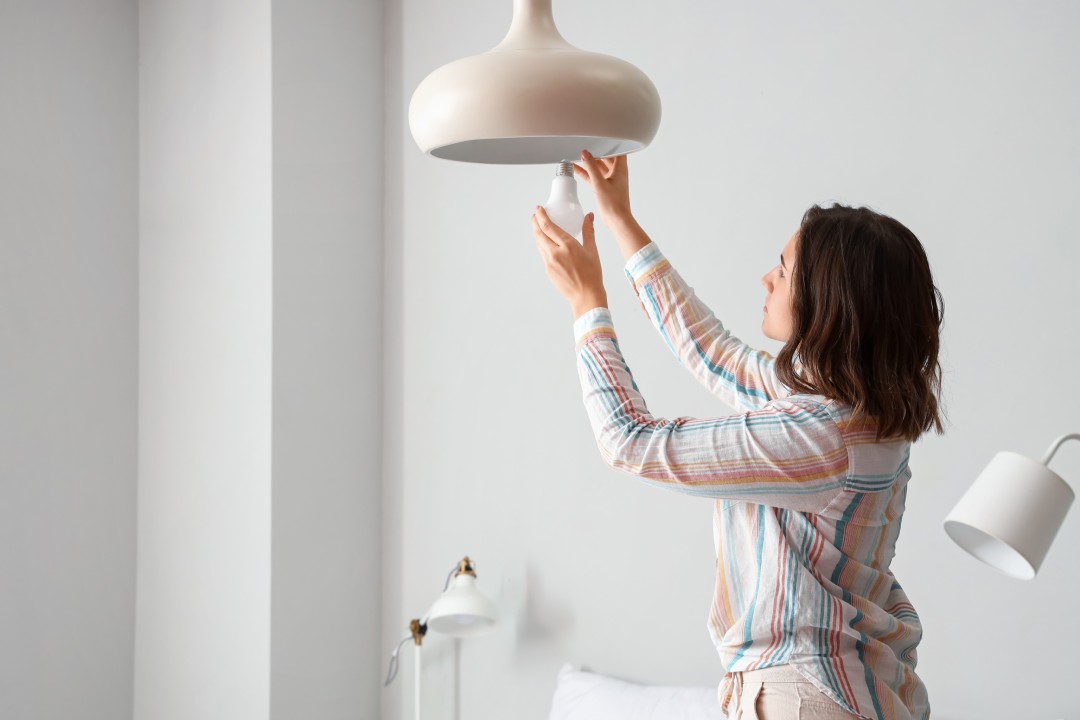
8. Change Your Light Bulbs to LEDs
Ordinary light bulbs consume a lot of energy while providing minimal light output. On the other hand, Light light-emitting diodes (LEDs) are semiconductor devices that emit light with minimal energy consumption. By replacing all your light bulbs with LEDs, you can save a significant amount of energy over time.
LEDs not only consume less energy but also provide bright light. Additionally, they can be integrated into smart systems, offering features that are not typically available with regular light bulbs. This makes LEDs a smart choice for both energy efficiency and functionality.
9. Use Solar Energy
One of the most effective ways to reduce regular energy costs is by harnessing solar energy. Solar cells, which capture energy from the sun, offer a virtually free source of power once the initial setup cost is covered.
Although the initial investment in solar panels can be high, the long-term benefits are substantial. In areas with ample sunlight, solar energy can power many household appliances, leading to significant savings over time.
10. Automate Usage
Automating your home with devices that can manage energy usage can greatly improve your energy efficiency. These devices can predict and regulate energy usage, preventing unnecessary consumption.
Home management systems can automate energy consumption for your entire household, reducing expenses on your energy bill. By embracing automation, you can leverage modern technology to reduce your energy usage significantly.
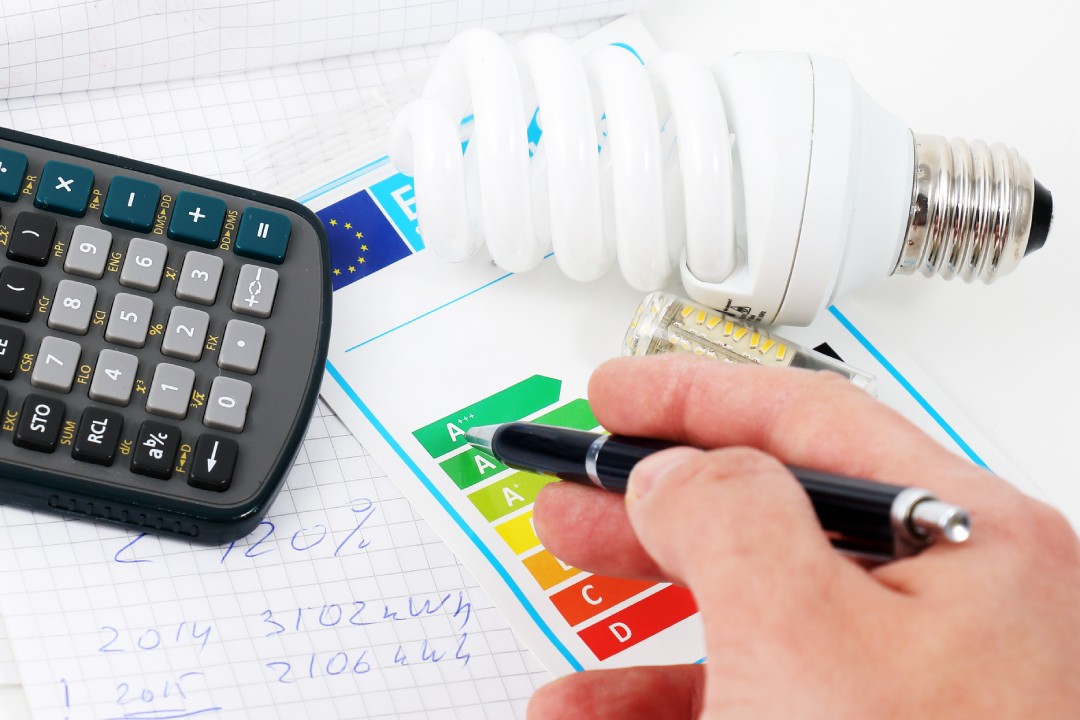
Boost Energy Efficiency in Your Home Now!
These are some of the ways that you can easily prevent excess energy bills from spoiling your mood and taking away from your quality of life.
At Century Construction, we are dedicated to creating homes that mirror our clients’ distinct requirements and tastes. We are committed to delivering exceptional craftsmanship, utilizing high-quality materials, and providing personalized service that exceeds expectations. Contact us today for professional assistance and to understand how you can make your home more energy-efficient.



